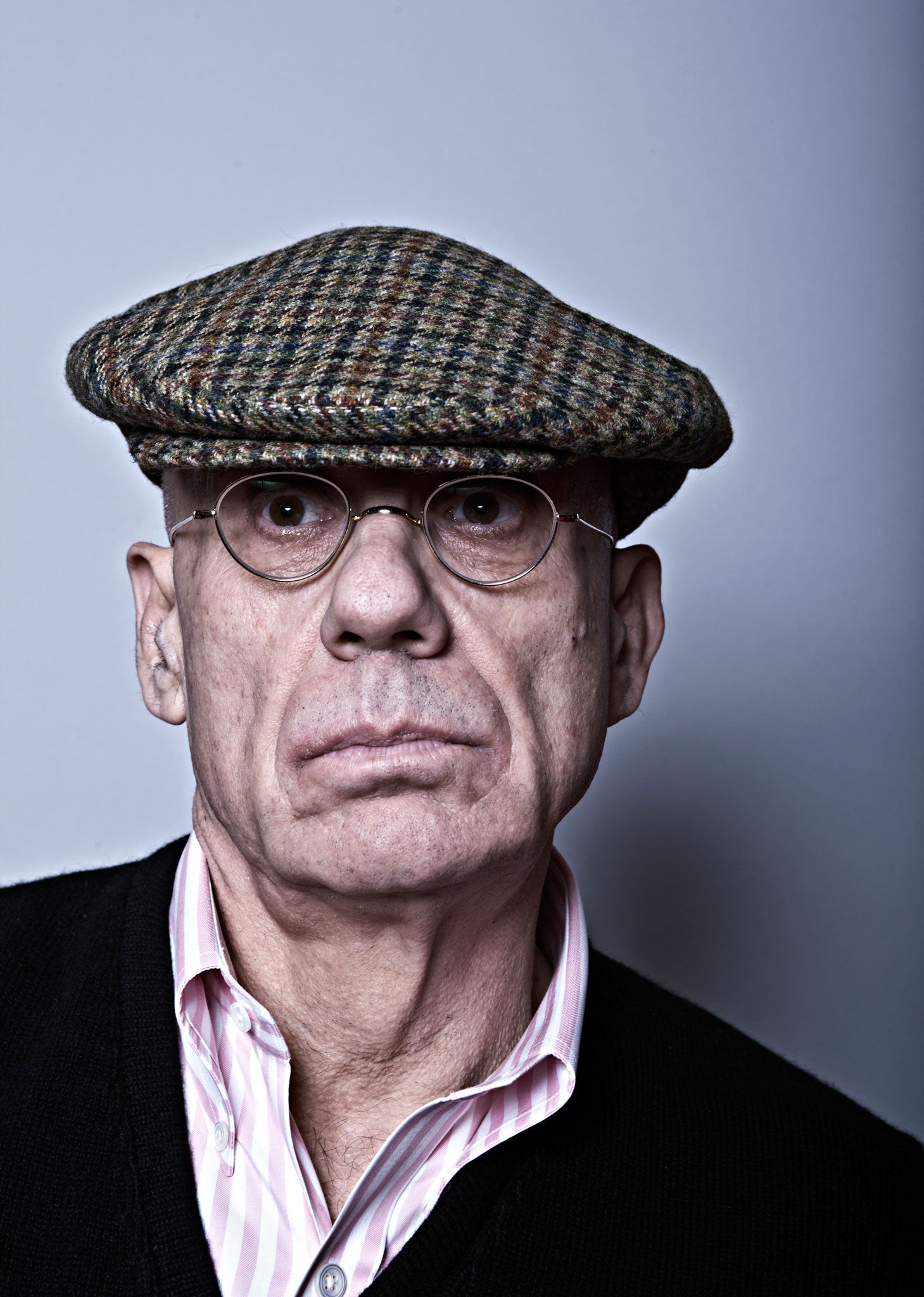Perfidia by James Ellroy, book review: The 'Finnegans Wake' of crime novels

Your support helps us to tell the story
From reproductive rights to climate change to Big Tech, The Independent is on the ground when the story is developing. Whether it's investigating the financials of Elon Musk's pro-Trump PAC or producing our latest documentary, 'The A Word', which shines a light on the American women fighting for reproductive rights, we know how important it is to parse out the facts from the messaging.
At such a critical moment in US history, we need reporters on the ground. Your donation allows us to keep sending journalists to speak to both sides of the story.
The Independent is trusted by Americans across the entire political spectrum. And unlike many other quality news outlets, we choose not to lock Americans out of our reporting and analysis with paywalls. We believe quality journalism should be available to everyone, paid for by those who can afford it.
Your support makes all the difference.Demons have pursued James Ellroy since his mother was brutally murdered in 1958. In My Dark Places, the crime writer recounted his attempts to reopen the unsolved investigation with the help of a retired detective.
That book was a searing account of self-discovery which many felt would end his creative career. That wasn't the case, though Ellroy was quoted as saying that he was through with genre fiction; his new book, Perfidia, gives the lie to that statement. But is genre fiction through with him?
The best American crime writing has always addressed key issues affecting society – class, politics and race – its sleuths moving between the various strata of US society, from the dispossessed underclass to the homes of the rich. In 1990, LA Confidential was acclaimed as the most extraordinary crime novel produced in the US in decades. The complex narrative showcased a massive panoply of Los Angeles in the Fifties, the picture-postcard vision of the city undercut by Ellroy's anatomising of its darker side.
American Tabloid was also much praised, but Ellroy's winning streak was about to run dry: one of the reasons, in fact, that each new novel is received with some trepidation, even by his admirers. The Cold Six Thousand (2001) was found by many to be mannered, even unreadable. So has Ellroy got his mojo back with the 700-page Perfidia?
The new book is a prequel (beginning on the day of the Japanese attack on Pearl Harbor) to the original LA Quartet, featuring several of the same characters and a host of real-life personalities. As before, we are presented with a richly flavoured goulash in which corrupt cops, psychopathic gangsters, Hollywood types with unorthodox sexual tastes, racists and junkies violently mix. Police chemist Hideo Ashida is called to a gruesome ritual suicide, but he suspects mass murder. As Japanese "subversives" are corralled by US authorities, an orgy of bloodshed connected to Hideo's case is unleashed.
Ellroy's customary command of language is overwhelming, but his recent staccato style is hiked up to cosmic levels; this is the Finnegans Wake of crime novels, and if you can take sentences so packed with cross-references that basic comprehension is a challenge (though other sentences are only four words long), you'll find rich rewards.
It has to be said that this is for diehard enthusiasts only and the casual reader will melt away. But at least Ellroy is still trying to expand the parameters of the crime novel – and perhaps we must pay him the compliment of cracking the prismatic but exhilarating prose that is his speciality.
Join our commenting forum
Join thought-provoking conversations, follow other Independent readers and see their replies
Comments